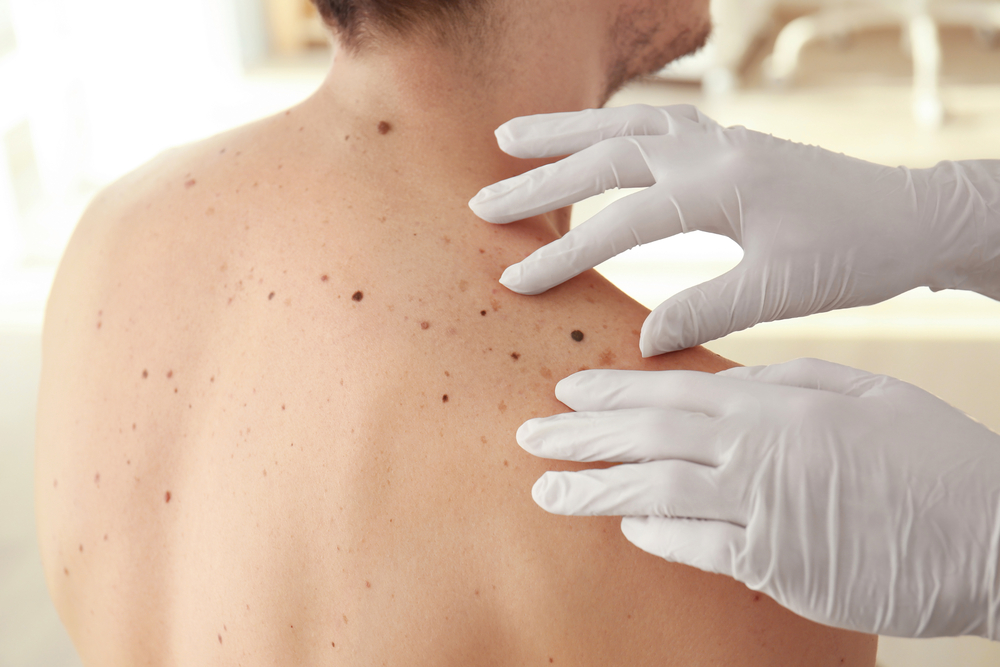Tackle your hair loss issues with guidance from an experienced hair care specialist.
Tackle your hair loss issues with guidance from an experienced hair care specialist.
Blog Article
Mohs Surgical Procedure Explained: A Key Treatment in Dermatology for Handling Skin Cancer Cells Properly
In the realm of dermatology, Mohs surgical procedure stands as a critical procedure for combating skin cancer cells, particularly basic cell and squamous cell carcinoma. This complex medical technique, developed by Dr. mohs surgery. Frederic E. Mohs, prioritizes the exact excision of malignant skin layers, leaving healthy cells unblemished. What precisely makes Mohs surgery so efficient and just how does it contribute to favorable individual results? As we dive much deeper right into the procedure, its benefits, and potential problems, truth value of this procedure ends up being significantly noticeable.
Recognizing the Fundamentals of Mohs Surgical Procedure
Although it may appear complicated, Mohs surgery is a specific medical technique made use of primarily to deal with skin cancer cells. The primary purpose of Mohs surgical treatment is to remove all cancer cells while saving as much healthy cells as possible. Its accuracy and high success rate have made Mohs surgical procedure a cornerstone in dermatology, supplying hope to clients worldwide.

The Treatment: Step-by-Step Breakdown of Mohs Surgical Treatment
While Mohs surgical treatment may seem daunting, recognizing the step-by-step treatment can aid debunk the process. If cancer cells are spotted, the cosmetic surgeon removes one more layer of skin and the process is duplicated. This cycle proceeds until no more cancer cells are located, making certain the total removal of cancer cells while protecting as much healthy skin as feasible.
The Advantages of Mohs Surgical Treatment in Skin Cancer Cells Treatment
An impressive number of people have uncovered the distinct advantages of Mohs surgery in their fight versus skin cancer cells. Concerned for its accuracy, this technique targets cancerous cells while maintaining surrounding healthy cells, leading to very little scarring. Its high precision reduces the possibility of cancer cells recurrence, offering individuals with assurance. Web Site The procedure is usually executed on an outpatient basis under local anesthesia, making it less tiring on the body than even more invasive surgical treatments. Additionally, as it entails immediate microscopic assessment of the gotten rid of cells, it ensures complete cancer removal in a single see. Hence, it eliminates the need for several surgical treatments, conserving time and lowering stress for patients. Consequently, Mohs surgical treatment provides a remarkable alternative for reliable skin cancer treatment.
Possible Risks and Problems Connected With Mohs Surgery
Regardless of its many advantages, Mohs surgery is not without prospective threats and issues. Like all surgical treatments, it brings a risk of infection, blood loss, and a negative reaction to anesthetic. In rare instances, individuals may experience nerve damages, causing pins and needles or weak point in the area of surgery. There's additionally the possibility of click here for more info a reappearance or spread of skin cancer cells, particularly if all malignant cells were not totally gotten rid of during the treatment. Marking is another problem, as it can be obvious depending upon the dimension and place of the cured area. The psychological impact of a skin cancer cells diagnosis and succeeding surgery must not be ignored, as it can lead to anxiety and depression in some clients.
Preparing for and Recovering From Mohs Surgical Treatment: What to Anticipate
To guarantee the ideal possible outcome from Mohs surgical treatment, individuals require to effectively plan for the treatment and understand what to expect during healing. Prep work generally includes an in-depth conversation with the healthcare company regarding the individual's clinical background, current medications, and potential allergies. Some medicines could need to be stopped prior to the surgical procedure to decrease blood loss. Postoperative care is vital for effective recovery. Individuals may experience moderate pain, inflammation, or swelling, which can be handled with prescribed medicines. They are recommended to rest, avoid laborious activities, and maintain the surgical website clean and completely dry. Routine follow-ups are essential to keep an eye on healing and spot any type of issues early. The trick to recuperation is individuals' adherence to their health care provider's guidelines.
Conclusion

Report this page